|
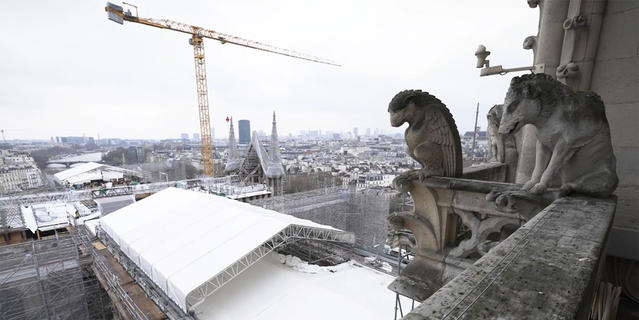 |
|
|
|
|
Notre-Dame, a vessel of stone and iron
|
|
03.16.2022
|
|
Architecture
Notre-Dame Cathedral is the setting for a large-scale scientific study aimed at penetrating the building’s secrets and helping with its restoration. This film shows how researchers extract information from stone and iron in order to understand how mediaeval builders managed to erect a monument so much taller than its contemporaries.
|
|
Watch the video
|
|
|
|
|
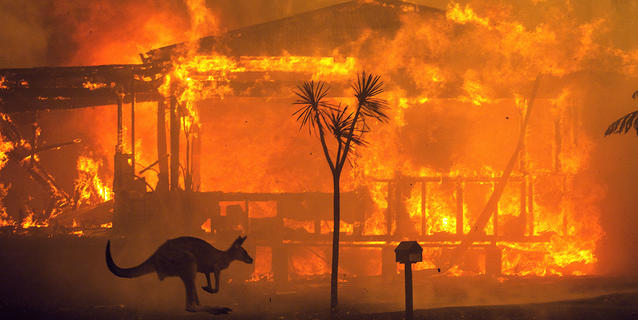 |
|
|
|
|
Act while solutions exist, the IPCC urges
|
|
02.28.2022 |
|
Environment
Climate change has done more damage than expected, but options still exist for moving forward, explains the CNRS biologist Camille Parmesan, who helped draft the “Impacts, Adaptation and Vulnerability” report of the Intergovernmental Panel on Climate Change (IPCC) Working Group II, released this week.
|
|
Read the article
|
|
|
|
|
|
Also this month
|
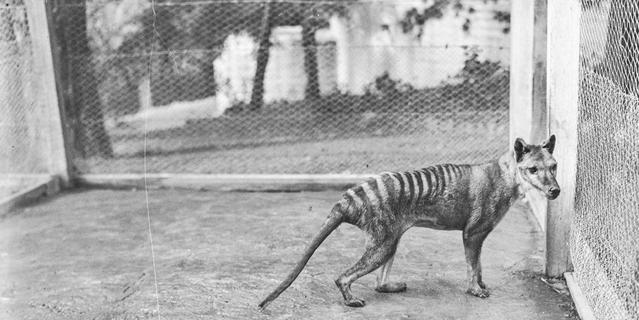 |
|
|
|
Oblivion, the second death of extinct species
|
|
03.16.2022 |
|
Ecology With so many species endangered or already extinct, scientists are pointing to the importance of keeping their memory alive in the collective consciousness. According to the ecologist Franck Courchamp, forgetting their existence could compromise the efforts to preserve biodiversity.
|
|
Read the article
|
|
|
|
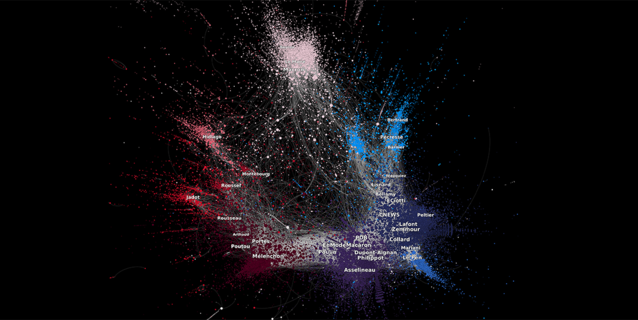 |
|
|
|
How social networks manipulate public opinion
|
|
03.24.2022 |
|
Interview From election campaigns to the war in Ukraine, social networks are now used on a massive scale to influence public opinion. David Chavalarias, director of the Politoscope project and author of a newly released French-language book entitled Toxic Data, explains how online advocacy groups can shape... |
|
Read the article
|
|
|
|
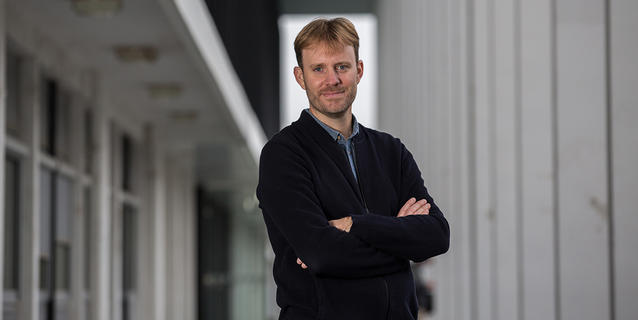 |
|
|
|
Guillaume Cabanac tracks fake science
|
|
03.06.2022 |
|
Portrait “Nucleic corrosive” for “nucleic acid”. “Counterfeit conscience” in place of “artificial intelligence”. These are some of the “tortured” phrases that the CNRS researcher Guillaume Cabanac tracks in scientific publications in order to identify those that are unreliable. The software program that he... |
|
Read the article
|
|
|
|
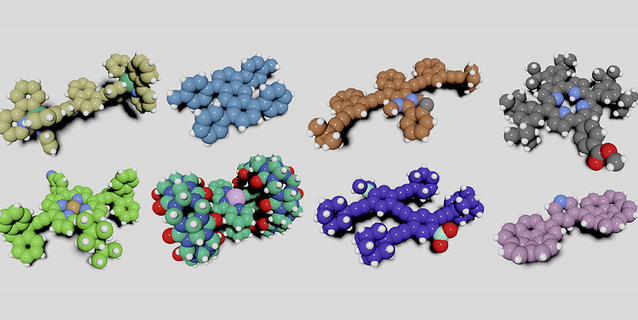 |
|
|
|
The second NanoCar Race is off to a good start
|
|
03.07.2022 |
|
nanotechnology The world’s smallest car race will return to Toulouse (southwestern France) on 24-25 March. Eight international teams will be at the starting line for the competition. Christian Joachim, a CNRS research professor and the event organiser, provides details regarding the issues involved.
|
|
Read the article
|
|
|
|
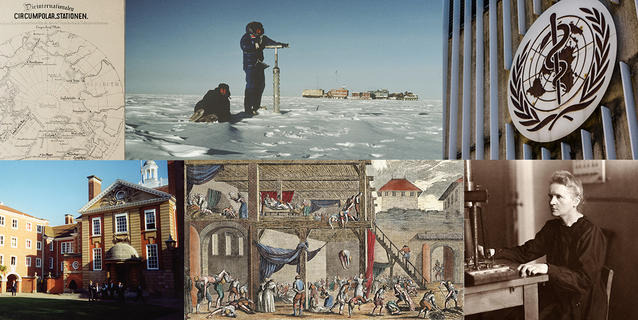 |
|
|
|
Forgotten dates in Europe’s history (2/4)
|
|
03.06.2022 |
|
History In this second episode in our series, we meet the first women admitted to university, hark back to the plague and the cordon sanitaire, and set sail for the poles, where science was taking its first tentative steps.
|
|
Read the article
|
|
|
|
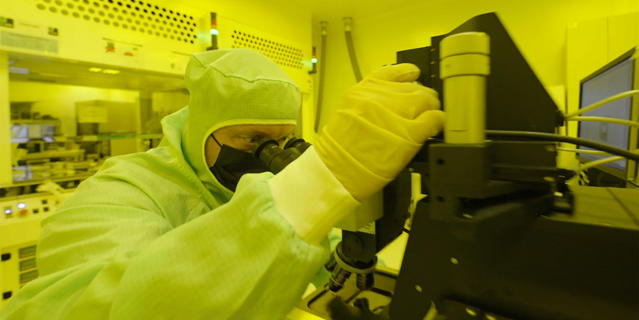 |
|
|
|
Sculpting matter
|
|
03.21.2022
|
|
nanotechnology In order to sculpt their materials on the nanometric scale, when each speck of dust or infinitesimal vibration can compromise their work, physicists need cleanrooms that are insulated from all types of disturbance. An insight into the Centre for Nanoscience and Nanotechnology (C2N), where... |
|
Watch the video
|
|
|
|
|
|
|